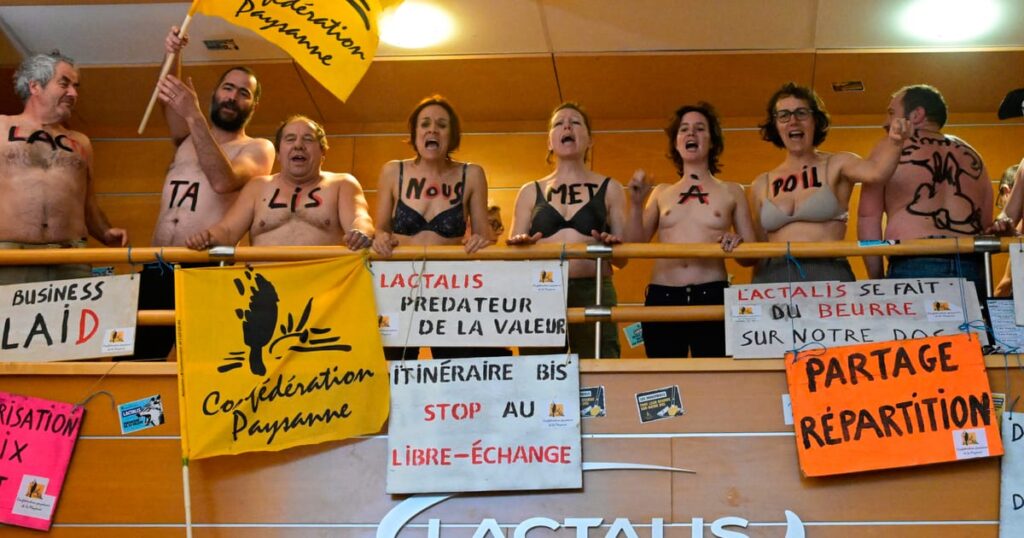
The winners of price floors are often big industrial operators. If the floor price is too low, smallholders go bankrupt while larger outfits gobble them up. But if it is too high, then the largest farms reap fat profits at the expense of food makers and sellers. “This would be a huge icing on the cake,” said Matthews.
Spanish blueprint
For Maison, the Haute-Savoie farmer, France should take inspiration from neighboring Spain, which has turned the EU’s directive on unfair trading practices (UTP) into an important shield for agricultural producers.
Heralded by farmers from Namur to Naples, the Spanish version of the UTP law is the strongest in Europe. It allows for anonymous reporting of rule-breakers, foresees penalties of up to €1 million, forces greater transparency in contracts, and creates observatories to monitor product-by-product margins.
“It is only in Spain that this law has been effective and actually made a difference in the price of the farmers: it actually obliges each link of the food chain to cover its production costs, starting with producers,” according to the European Coordination for Via Campesina (ECVC), which represents small farmers.
The European Commission is currently running a survey for farmers as it prepares to revise the UTP directive. While Macron has called for a European version of his Egalim law, Brussels is more likely to look to Madrid for fresh ideas.
It is a complex debate that will reverberate about the halls of power as politicians try to re-establish order in a supply chain that is hurting farmers like Alexandre Vialettes.
“If we stopped supplying milk, the dairy industry would no longer exist, supermarkets would no longer exist,” he told POLITICO. “But there is a reversal of beliefs that makes us think that the distributor and the industry are the most important.”
Giorgio Leali reported from Paris. Alessandro Ford reported from Brussels.


